Keywords: Economic Growth
There are more than 200 results, only the first 200 are displayed here.
-
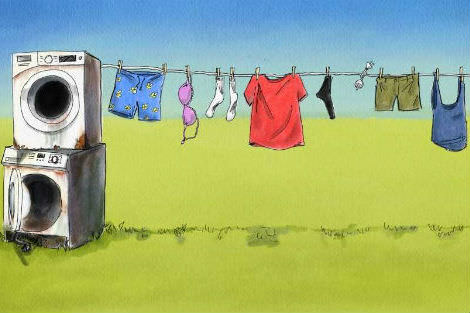
ENVIRONMENT
- Greg Foyster
- 08 November 2017
8 Comments
Much artistic response to the environmental crisis is negative , either criticising the excesses of the present, or predicting destruction in the future. Where are the positive stories of a new, sustainable culture? This is the greatest contribution art can make, yet for every vision of a better world there are a hundred bleak dystopias.
READ MORE 
-
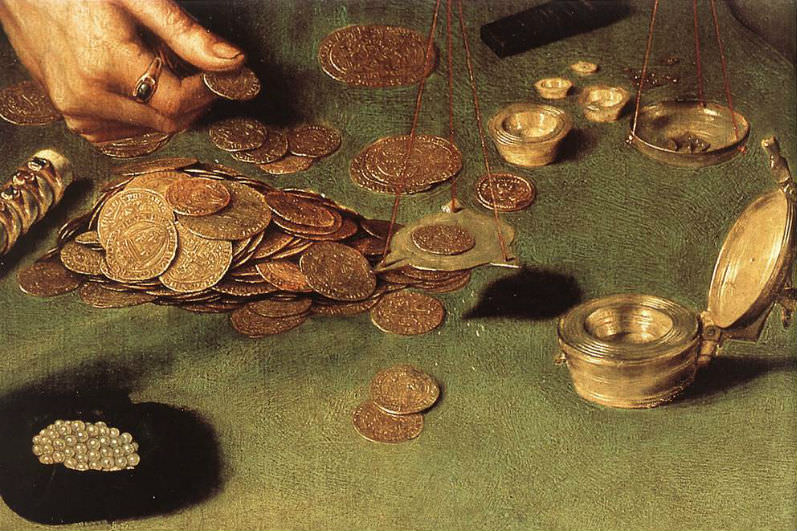
ECONOMICS
- David James
- 08 November 2017
3 Comments
Once upon a time, usury was considered a sin and lending was subject to strict controls. Now, the world is in the grip of usury. It cannot continue. At some point it will have to be retired, or swapped to equity. A good place to start is third world debt, which is the most immoral variant.
READ MORE 
-
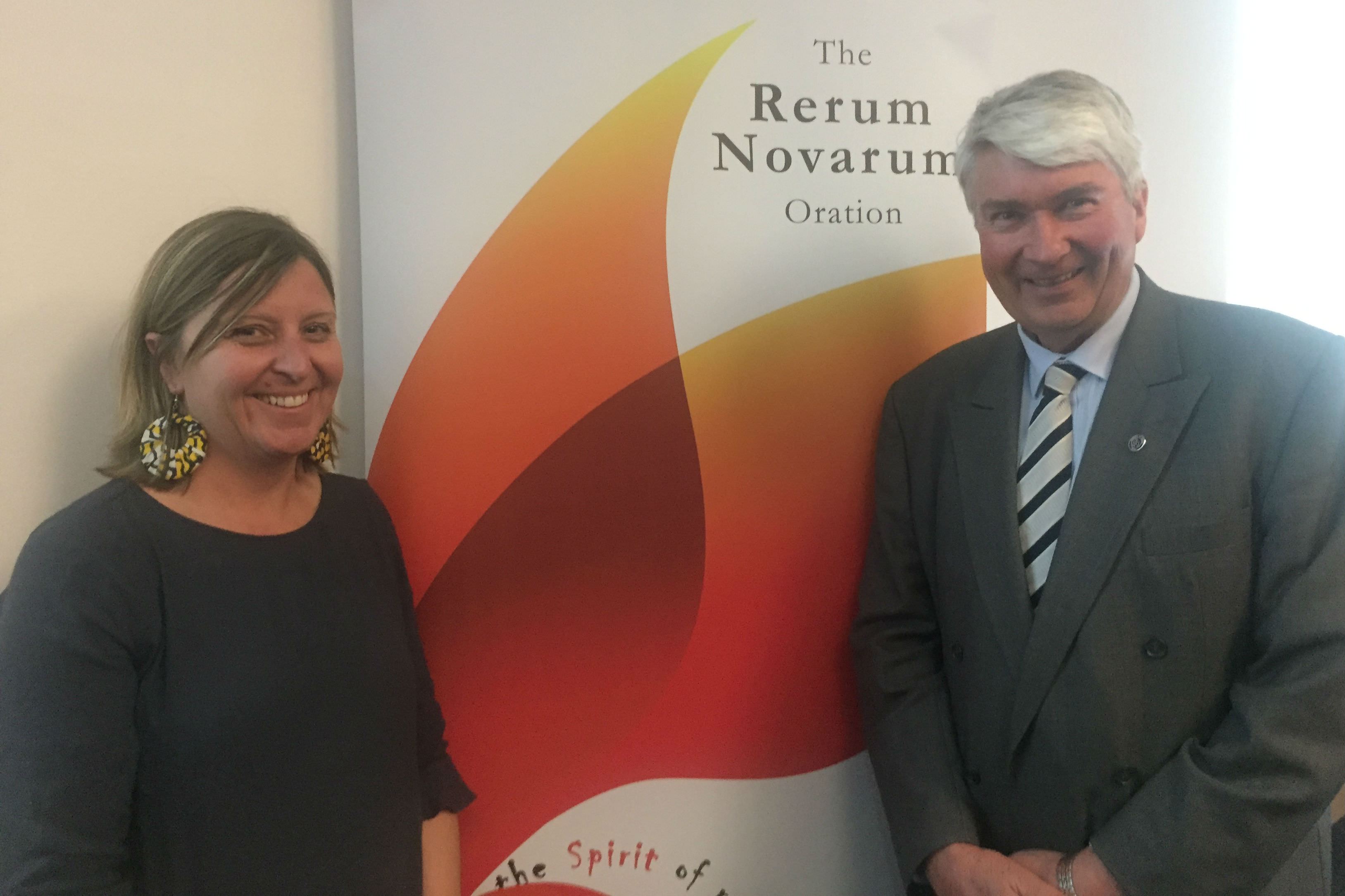
RELIGION
- Frank Brennan
- 08 November 2017
'We need to recommit to work for all those who are able and willing. We need to recommit to social assistance for all those who are not able. We need to ensure that a life of frugal dignity is within the grasp of all citizens.' 2017 Rerum Novarum Oration by Fr Frank Brennan SJ
READ MORE
-
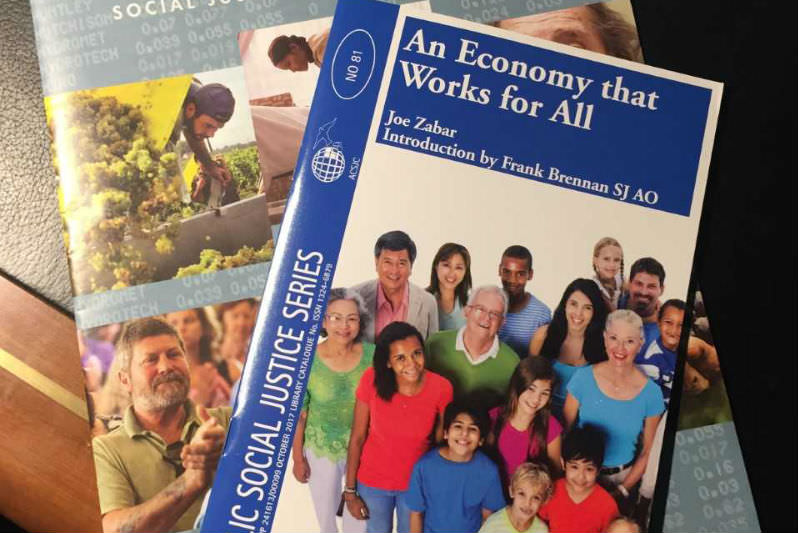
ECONOMICS
- Frank Brennan
- 18 October 2017
10 Comments
The promise of riches from the trickle-down effect is at best patchy for many Australians, and non-existent for others. Continuing with the same economic and social policy settings will exacerbate the already growing divide between the rich and the poor and eventually damage the economy to such an extent that it has a detrimental effect on everyone.
READ MORE 
-
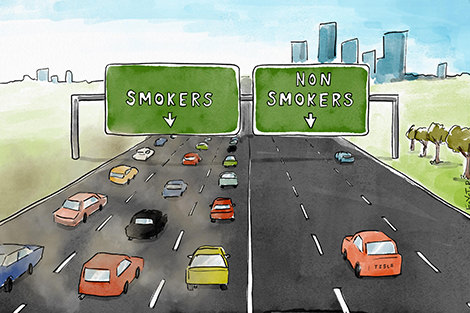
ENVIRONMENT
- Greg Foyster
- 14 September 2017
6 Comments
There are lots of reasons why China wants to accelerate the uptake of electric vehicles. It desperately needs to curb air pollution, which the World Health Organization estimates kills more than a million of its citizens each year. It also wants to reduce dependence on imported oil, and help meet climate change targets. Most crucial, however, is China's intention to dominate the global market for electric vehicles and the technology that powers them, lithium-ion batteries.
READ MORE 
-
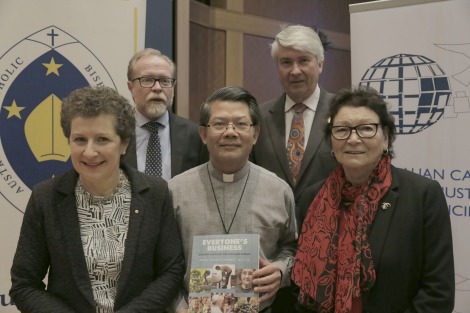
RELIGION
- Frank Brennan
- 11 September 2017
2 Comments
The real call of Everyone's Business is to move beyond them and us to admitting that there is only us. If we are truly to build an inclusive and sustainable economy, it can't be just those in full time paid employment who are part of that economy. We take seriously the principles of neo-liberalism, letting the market decide. But we set limits on the market for the common good.
READ MORE
-
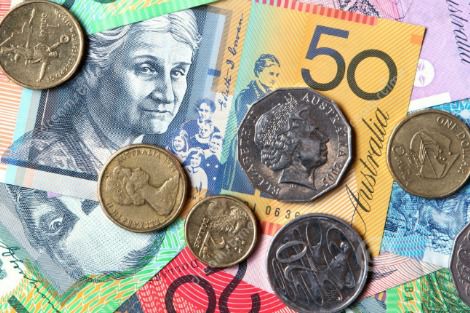
RELIGION
- Andrew Hamilton
- 06 September 2017
11 Comments
The general argument of the Australian Catholic Social Justice Statement on the economy is that Australia is a wealthy economy in which too many people are marginalised. In response to the litany of neglect and abuse that it details, the statement calls for a new view of the economy as the servant of people, and not vice versa.
READ MORE 
-
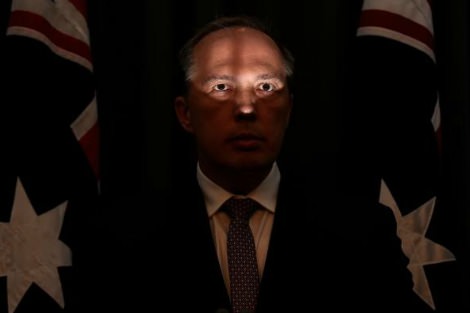
AUSTRALIA
- Kate Galloway
- 31 August 2017
7 Comments
It is true that lawyers, in doing their work, have interrupted the government's agenda of attempting to deny the humanity of asylum seekers. However, it goes to the heart of our system of governance that power is exercised within lawful boundaries. It is therefore ironic that the Minister, whose own powers are circumscribed by the Australian Constitution, and who is looking for an easy workaround, should criticise lawyers for being 'tricky'.
READ MORE 
-
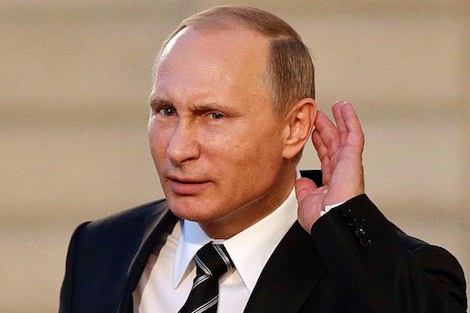
ECONOMICS
- David James
- 23 August 2017
4 Comments
The anti-Russian frenzy in the United States amounts to little more than a great deal of evidence that the intelligence community suspects there might be a great deal of evidence that the Russians have been meddling. It has to rank as one of the biggest, and most orchestrated, blind alleys of modern media coverage. When a journalist says an anonymous ‘respected source’ thinks the Russians are up to something, this writer is always left wondering: respected by whom? His dog?
READ MORE 
-
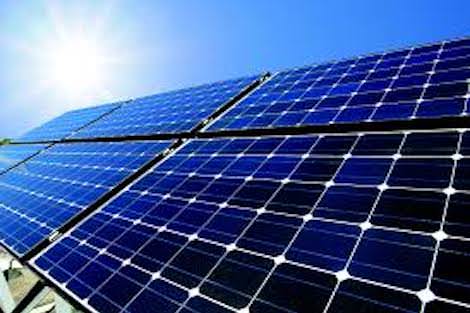
ENVIRONMENT
- Greg Foyster
- 17 August 2017
9 Comments
In the last few years, vested interests have changed their strategy for opposing action on climate change. Where they once focused on denying the problem, they’re now putting their efforts into sabotaging the solutions. Instead of funding fake experts to say the ‘science isn’t settled’, fossil fuel companies and their political backers have been running a smear campaign against renewable energy technologies like wind turbines, solar panels and batteries.
READ MORE 
-
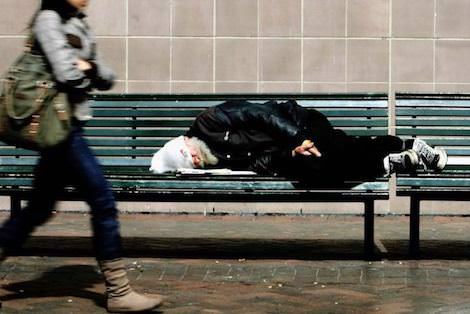
ECONOMICS
- Andrew Hamilton
- 16 August 2017
18 Comments
Cometh the hour, cometh the third murderer. So now inequality is in the spotlight and is being booed off the stage. It is blamed for the rise of populist politics, and more fundamentally for economic stagnation. The economic neo-liberal orthodoxy, that so implausibly claimed that economic competition unfettered by government regulation would benefit all of the citizens, has produced the gross inequality that hinders economic growth.
READ MORE 
-
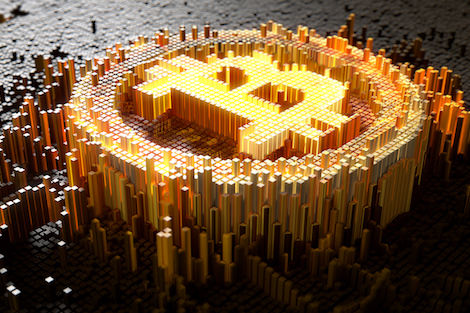
ECONOMICS
The daily fluctuations of financial markets and the fractious debates over economic policy are concealing something deeper and much more disturbing. The future of money itself is in question. A decade after world banking almost collapsed in the global financial crisis, the questions raised have not been answered.
READ MORE 